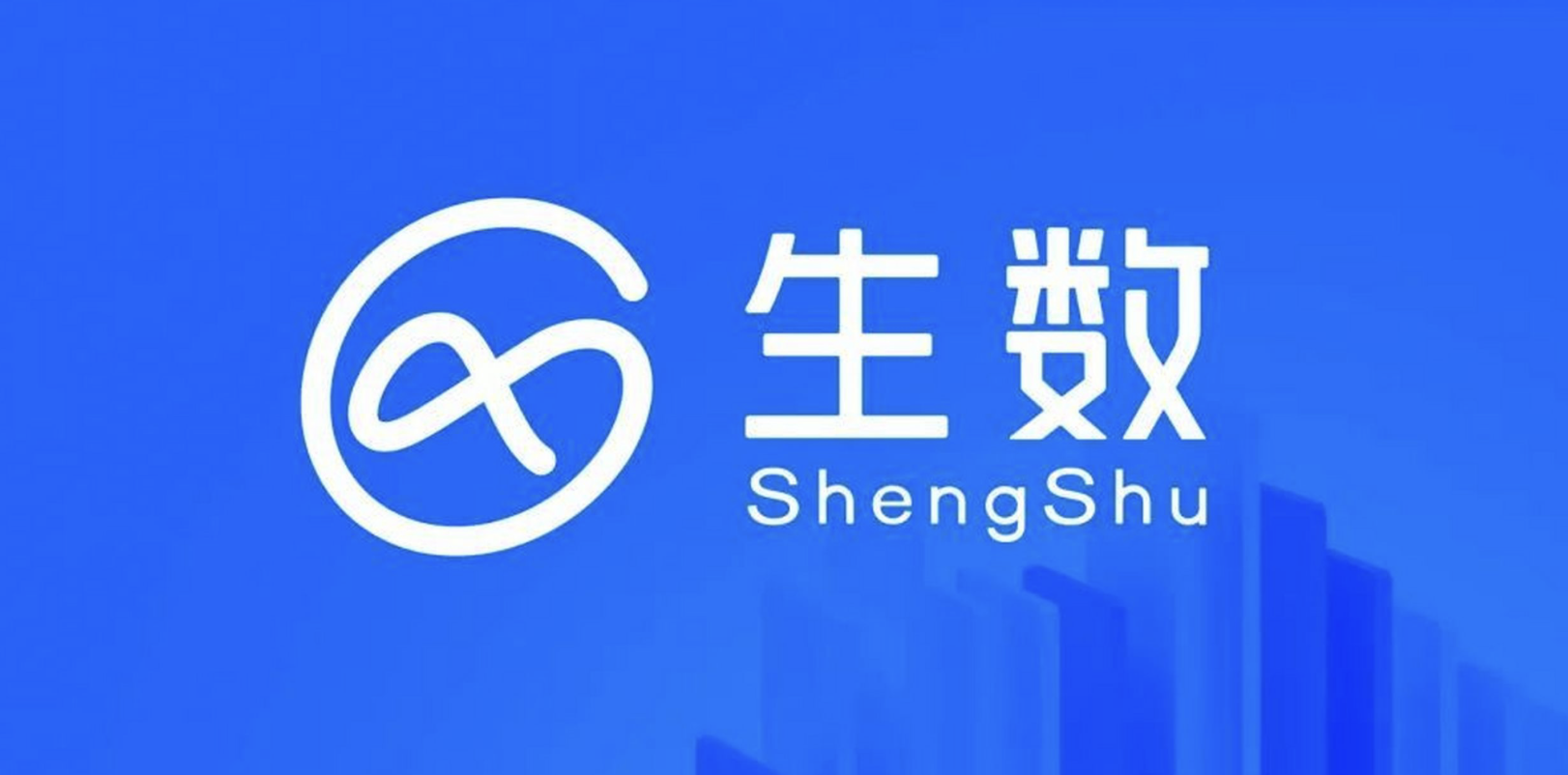As a web developer working across both backend (.NET Core, Django) and frontend (mainly React), having the right tools makes all the difference in my daily workflow. Whether it’s managing packages, improving terminal experience, or organizing my work, these tools help keep everything running smoothly. Here are my top 10 must-have Mac tools that I rely on every day.
1. Homebrew
Homebrew is a package manager that makes installing software on a Mac super easy. It handles the setup and installation of command-line tools, libraries, and other essential software. For developers, Homebrew is especially useful because it removes the hassle of tracking dependencies or updating software manually. Instead, Homebrew does it all with just a few commands.
Using Homebrew saves a lot of time, especially if you often need different tools for various projects. With Homebrew, you can easily install, update, and manage packages. It keeps everything in one place, which makes maintaining your development environment much simpler.
2. Oh My Zsh
Oh My Zsh is an open-source, community-driven framework that enhances the Zsh shell, making it more powerful and easier to use. It’s packed with themes, plugins, and handy shortcuts. For anyone who spends a lot of time in the terminal, Oh My Zsh is a fantastic way to speed up your workflow.
With plugins that support Git commands, auto-completion, and even syntax highlighting, Oh My Zsh turns the terminal into a much more friendly and efficient place. It’s highly customizable, so you can tweak it to match your preferences, making your terminal experience both visually appealing and productive.
3. Shottr
Shottr is a screenshot tool specifically designed for developers and designers. It allows you to quickly capture parts of your screen, annotate, and share them with others. Shottr has tools for blurring out sensitive data and for measuring pixel distances, which is incredibly helpful when dealing with UI designs.
This tool is particularly lightweight, meaning it won’t slow down your Mac. It’s designed with speed and simplicity in mind, making it ideal for capturing errors, UI details, or any part of the screen that you might need for documentation or collaboration.
4. VS Code
Visual Studio Code (VS Code) is a lightweight but powerful code editor that has become a favorite among developers. With support for almost every programming language and a vast library of extensions, VS Code offers a highly customizable development environment. Whether you’re working on frontend or backend code, it has everything you need.
VS Code’s debugging tools, integrated terminal, and Git support make it ideal for all stages of development. You can also personalize it with themes, snippets, and extensions to enhance your productivity. It’s free, open-source, and highly efficient for both small and large projects.
5. Podman
Podman is a container management tool, similar to Docker, but with some key differences. Podman doesn’t require a daemon, making it easier to run containers without root privileges. It’s perfect for developers working with containerized applications who want a lightweight, flexible solution.
With Podman, you can manage and run containers directly from the command line, giving you control over your containerized environments. It’s compatible with Docker commands, so if you’ve used Docker before, the transition is simple. For Mac developers working with cloud-native applications, Podman is a great choice.
6. Termius
Termius is a modern SSH client that makes remote access easy and secure. With support for SSH, Mosh, and Telnet, Termius lets you connect to remote servers with ease. The app is cross-platform and synchronizes your connections, keys, and settings across devices, so you can access your servers from any device.
Termius also has a clean, user-friendly interface that simplifies remote management. It supports multi-tab sessions, making it easy to work with multiple servers at once. It’s a highly secure and efficient tool for managing remote environments, especially if you regularly connect to different servers.
7. Obsidian
Obsidian is a note-taking tool designed for developers and creatives alike. It uses Markdown to create and organize notes, making it easy to write down ideas, keep track of code snippets, or document processes. One of Obsidian’s key features is its graph view, which visually links notes to show relationships between ideas.
Obsidian is especially helpful for organizing thoughts and tracking knowledge across projects. For developers, it’s great for keeping track of troubleshooting steps, project notes, and to-dos. Obsidian is fully offline, so your data stays private and accessible only to you.
8. Postman
Postman is an API testing tool that allows you to create, test, and document APIs efficiently. With Postman, you can set up requests, check responses, and even automate testing processes. It supports multiple authentication methods, making it easy to interact with different APIs and check how they perform.
Postman also helps with team collaboration by allowing you to share collections of API calls. This is especially helpful for frontend and backend developers working together, as it keeps everyone on the same page. It’s a straightforward tool that makes API testing and documentation much easier.
9. Amethyst
Amethyst is a window manager for Mac that helps organize your workspace by automatically arranging open windows. It supports tiling, floating, and fullscreen layouts, allowing you to customize the way applications are displayed on your screen. Amethyst is especially useful if you work with multiple applications and monitors.
With Amethyst, you can stay organized without constantly resizing and moving windows around. It helps maintain a clean and efficient workspace, saving time and reducing clutter on your desktop. For developers juggling multiple windows, it’s an essential tool to keep everything in order.
10. Arc Browser
Arc is a browser built specifically for organizing web-based workspaces. It lets you organize tabs into groups, making it easy to keep track of different projects, research, or tasks without getting overwhelmed. Arc also has a unique sidebar layout, which makes it easy to switch between tabs and focus on what matters.
Arc’s clean and minimal design is perfect for developers who need a distraction-free browser. It supports extensions, so you can customize it just like other browsers, but its organization features are what set it apart. It’s ideal for keeping your online workspaces tidy and focused.
Each of these tools has a unique role in my workflow as a web developer, helping me stay organized, work more efficiently, and keep my Mac environment streamlined. If you’re looking to enhance your setup, these apps are a great place to start.











